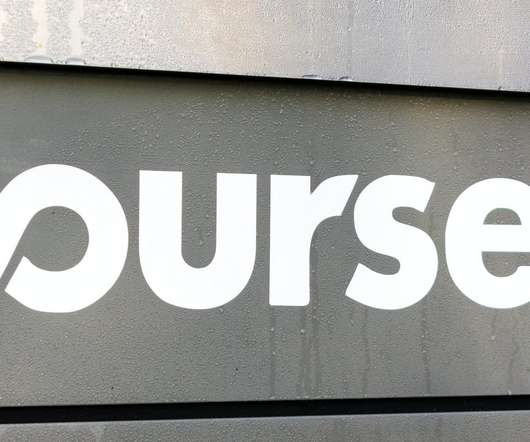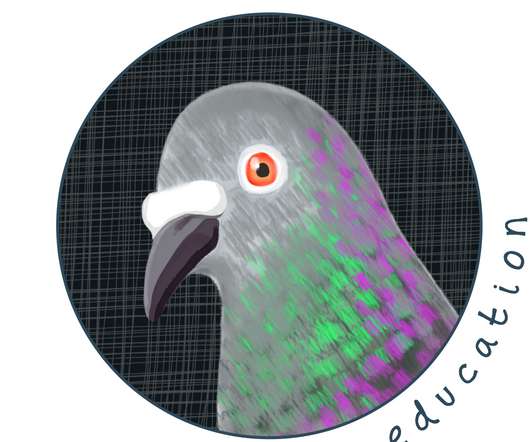Will the Pandemic Lead More Colleges to Offer Credit for MOOCs? Coursera is Pushing for It.
Edsurge
OCTOBER 15, 2020
When two Stanford University professors started Coursera in 2012, the focus was on building free online courses to bring teaching from elite colleges out to the world. But the pandemic has forced those selective colleges to embrace online learning like never before, and now all types of colleges are teaching online.










































Let's personalize your content